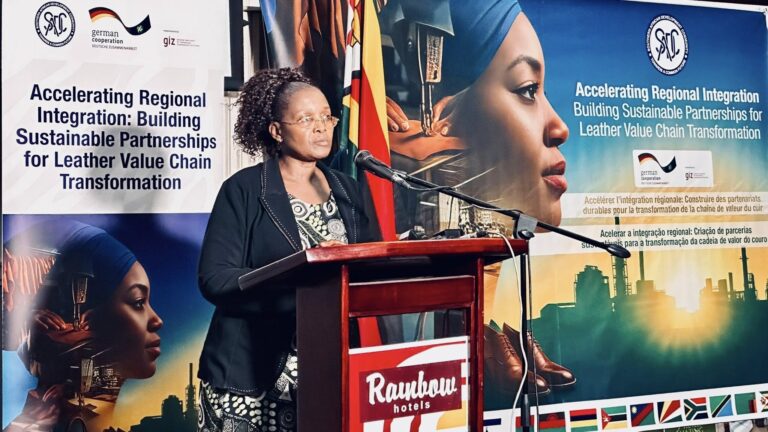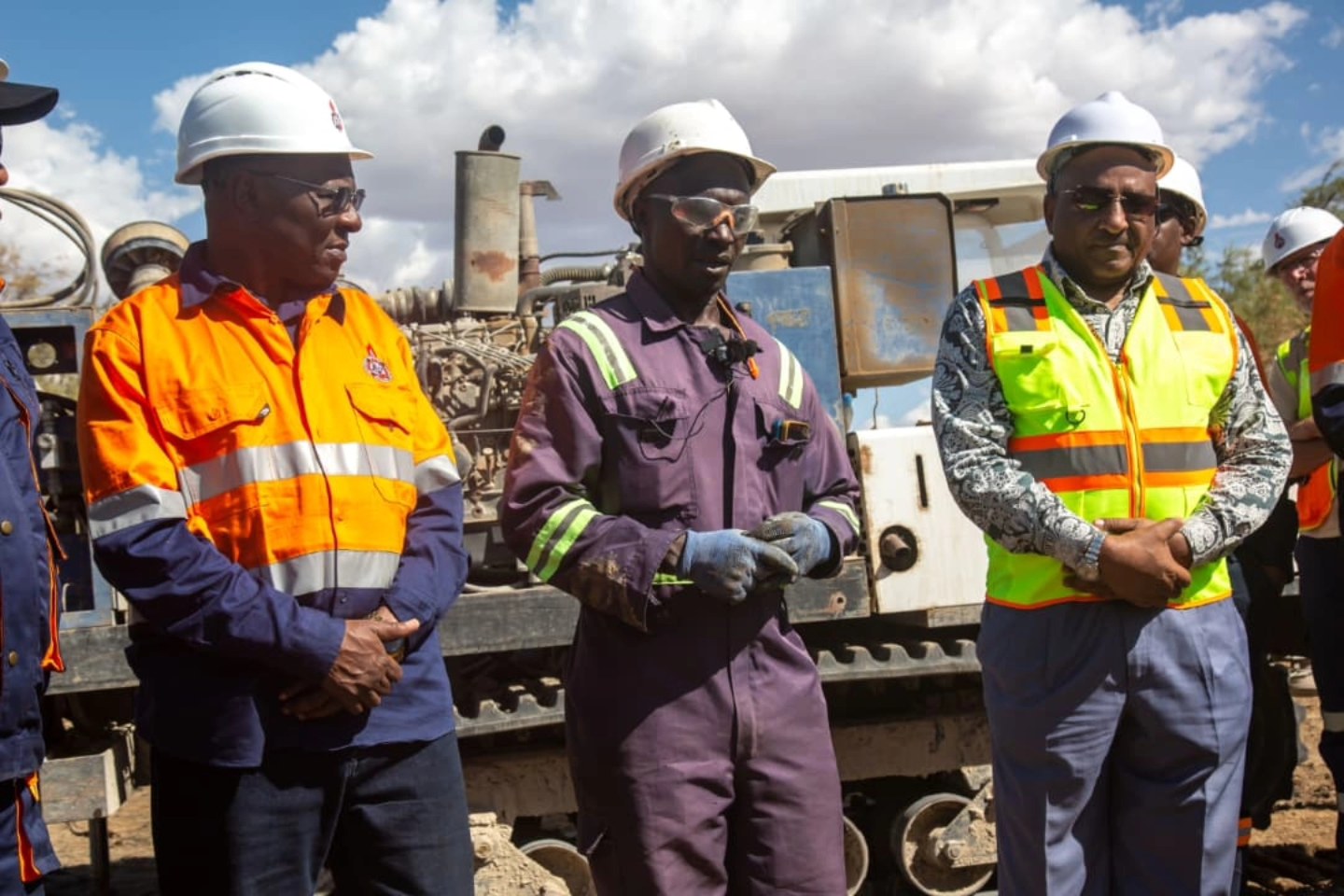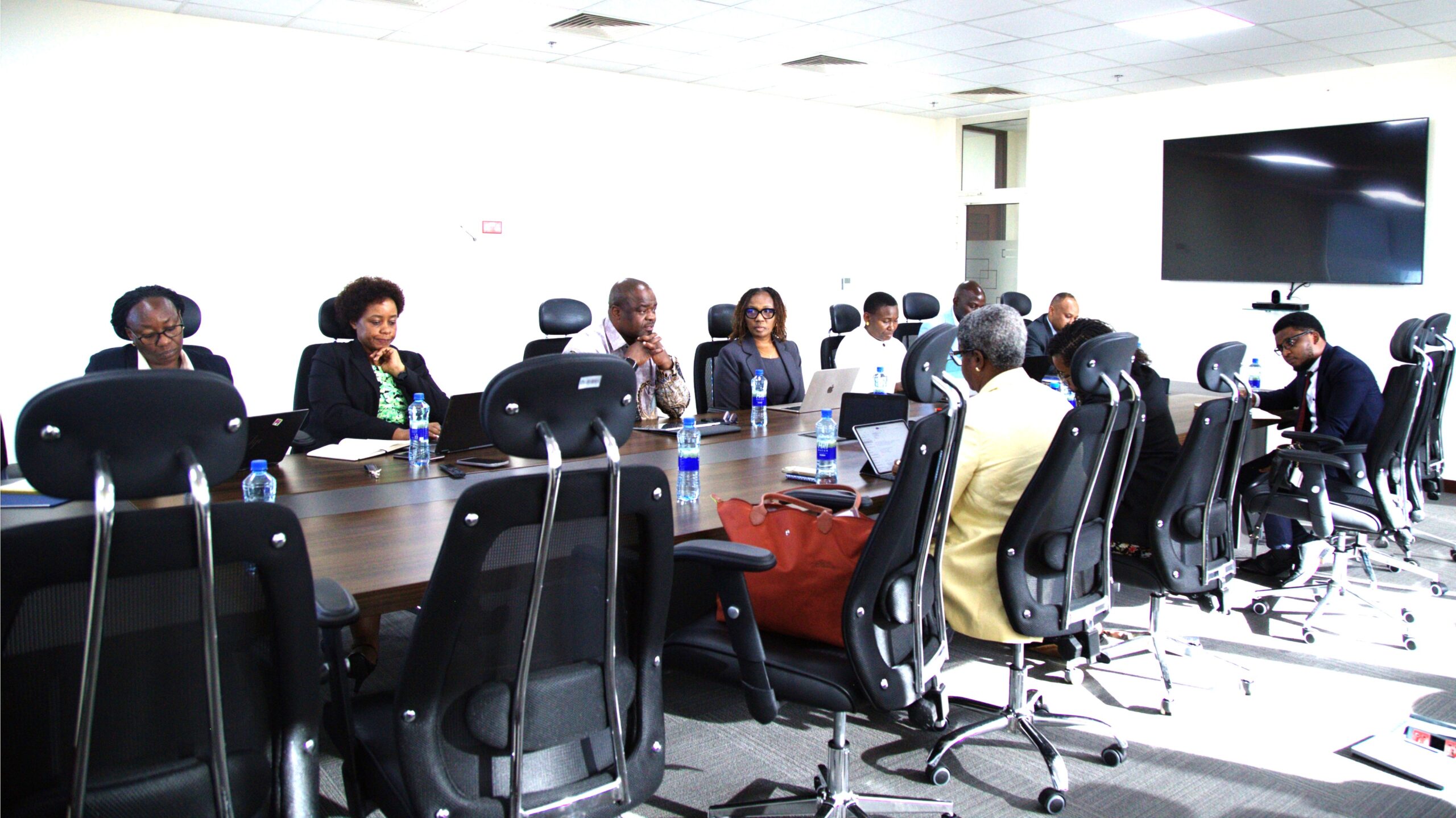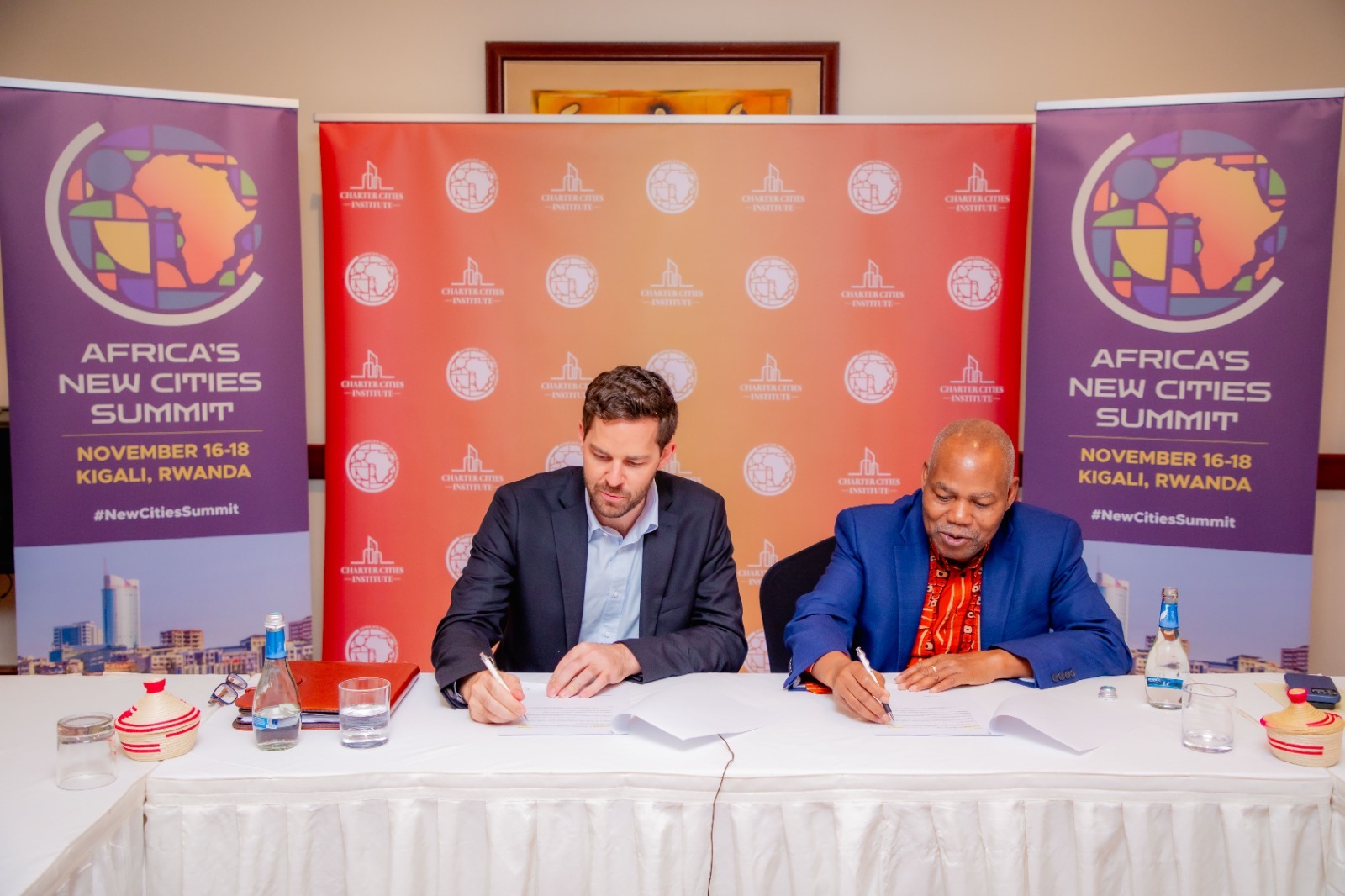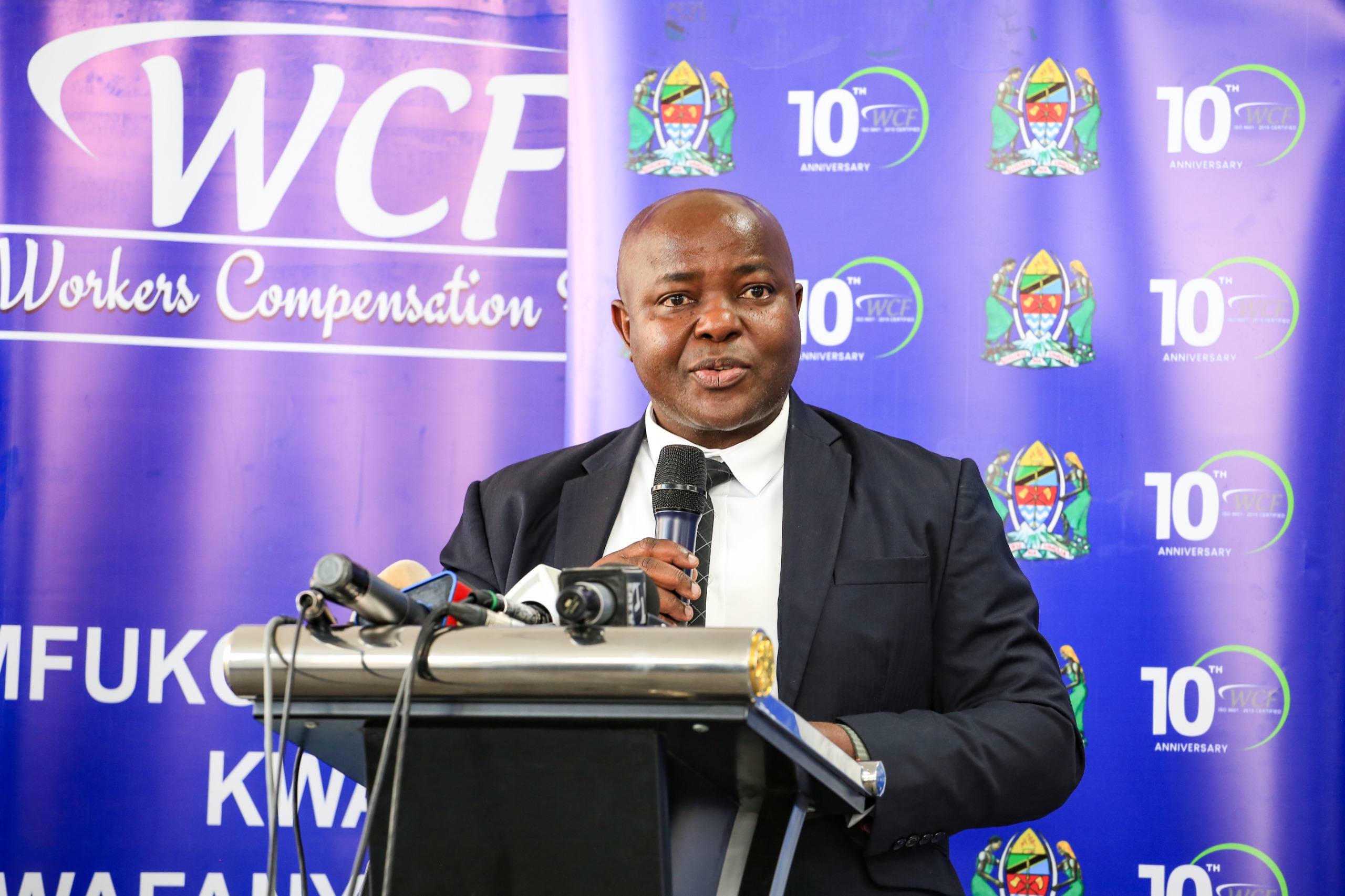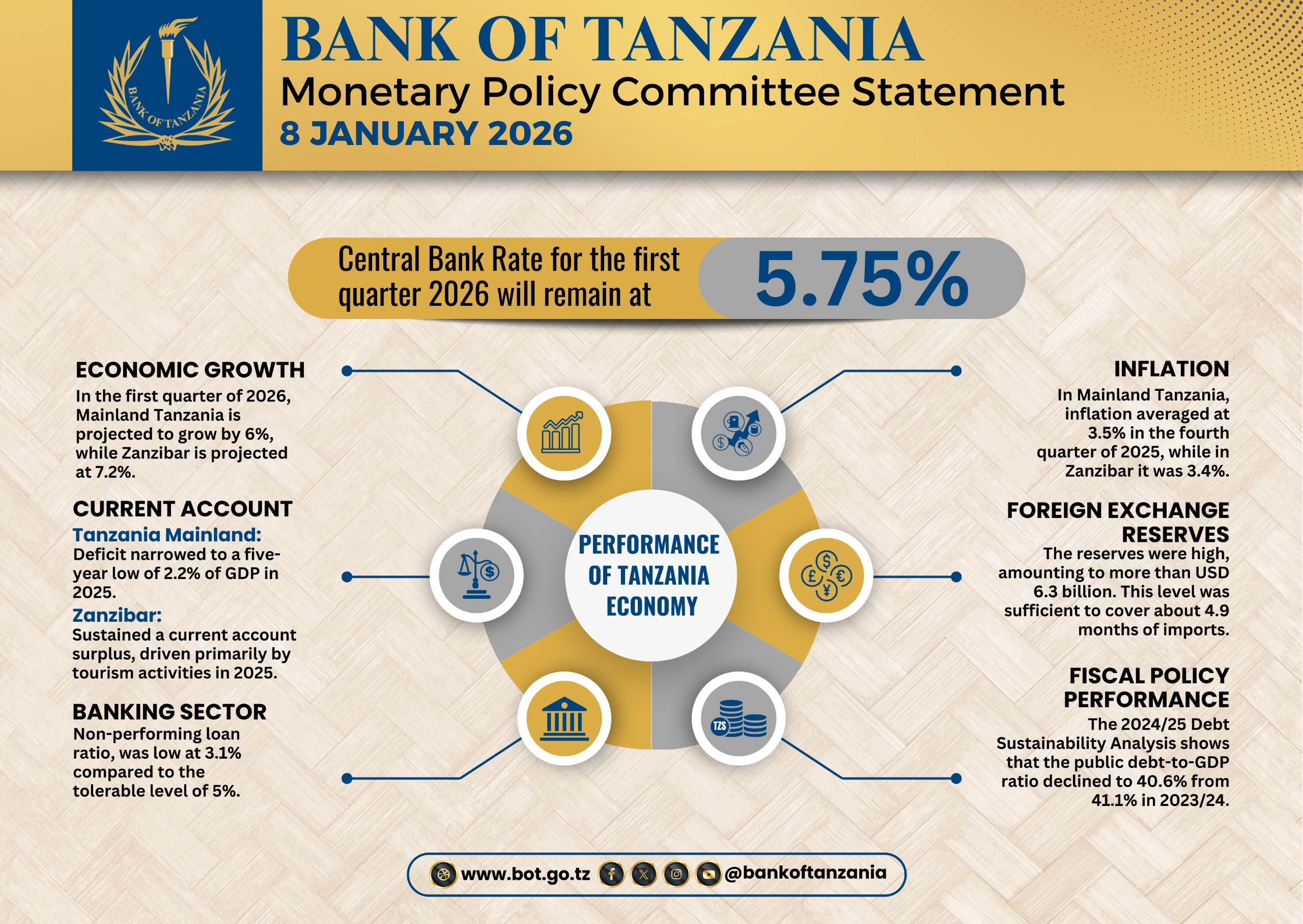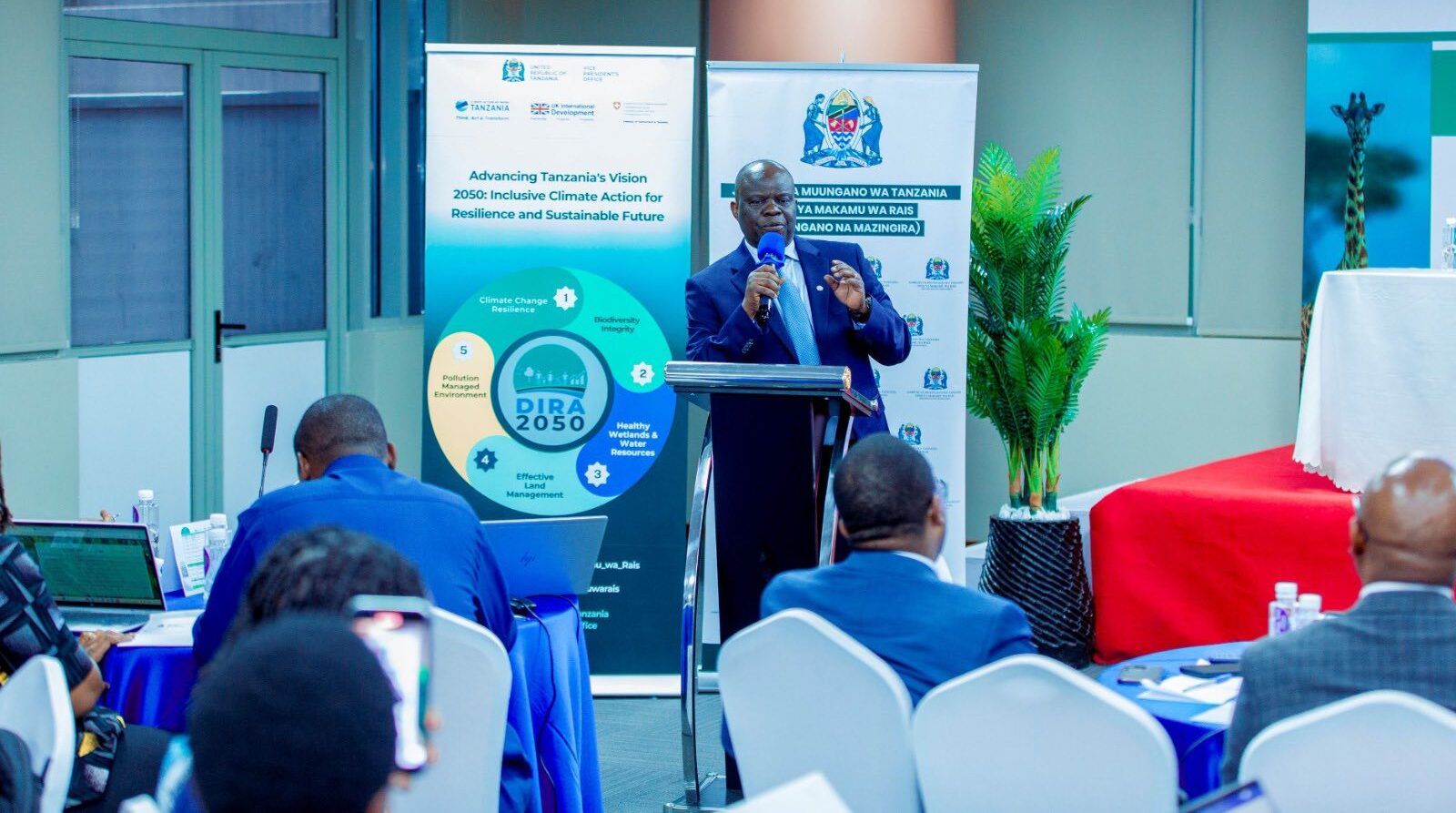Bulawayo. The Southern African Development Community (SADC), with support from the Federal Republic of Germany, on July 22 inaugurated the first-ever SADC Regional Leather Forum in Bulawayo, Zimbabwe, an event hailed as a milestone towards advancing industrialisation and regional trade in the leather value chain.
Gathering more than 50 high-level participants, the Forum has convened policymakers, industry leaders, entrepreneurs, researchers, development partners, and private sector stakeholders, all united by a common objective: to unlock the region’s immense leather potential through cooperation, innovation, and inclusive economic growth.
Welcoming participants to the historic forum, Senior Programme Officer for Value Chains at the SADC Secretariat, Mr Calicious Tutalife, underscored the strategic importance of the gathering.
He encouraged Member States to seize the opportunity for robust engagement, noting that their active participation is vital to propelling the leather industry forward and bolstering its contribution to regional industrialisation.
Delivering the keynote address, Acting Director in Zimbabwe’s Ministry of Industry and Commerce, Mrs Mary Chingonzoh, stressed the need for a dynamic, collaborative platform to address key regional priorities.
She outlined the Forum’s central objectives, including the harmonisation of policies and regulations, the critical review of the SADC Leather Regional Model Policy Framework, and the promotion of innovation, investment, and cross-border trade in leather and leather products.
Mrs Chingonzoh emphasised that sustained collaboration between the public and private sectors is essential to ensure the leather sector evolves into a high-value industry, capable of contributing substantially to the SADC region’s industrial transformation agenda.
Firmly anchored in the SADC Industrialisation Strategy and Roadmap (2015–2063), the Forum is envisioned as a turning point in shifting the region away from resource-dependence towards a future defined by value addition, robust regional value chains, and enhanced productivity.
The deliberations are expected to yield actionable recommendations and establish a foundation for a competitive, sustainable, and globally integrated leather industry—an aspiration critical to SADC’s broader ambitions for economic diversification and inclusive development.

